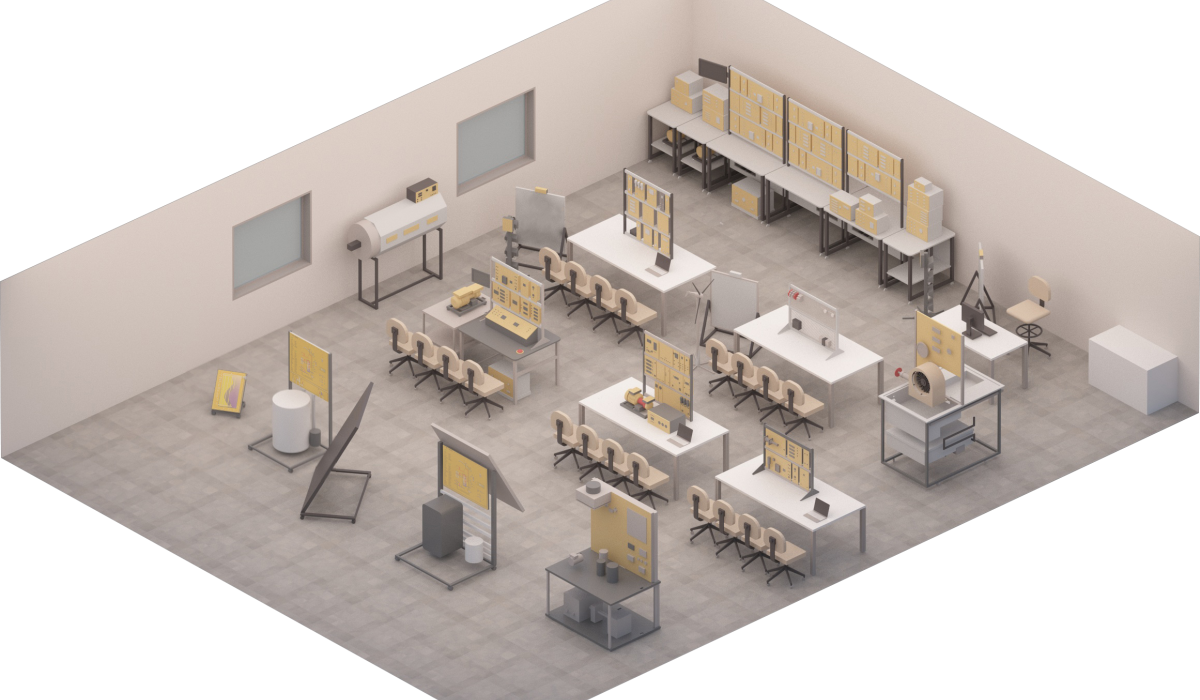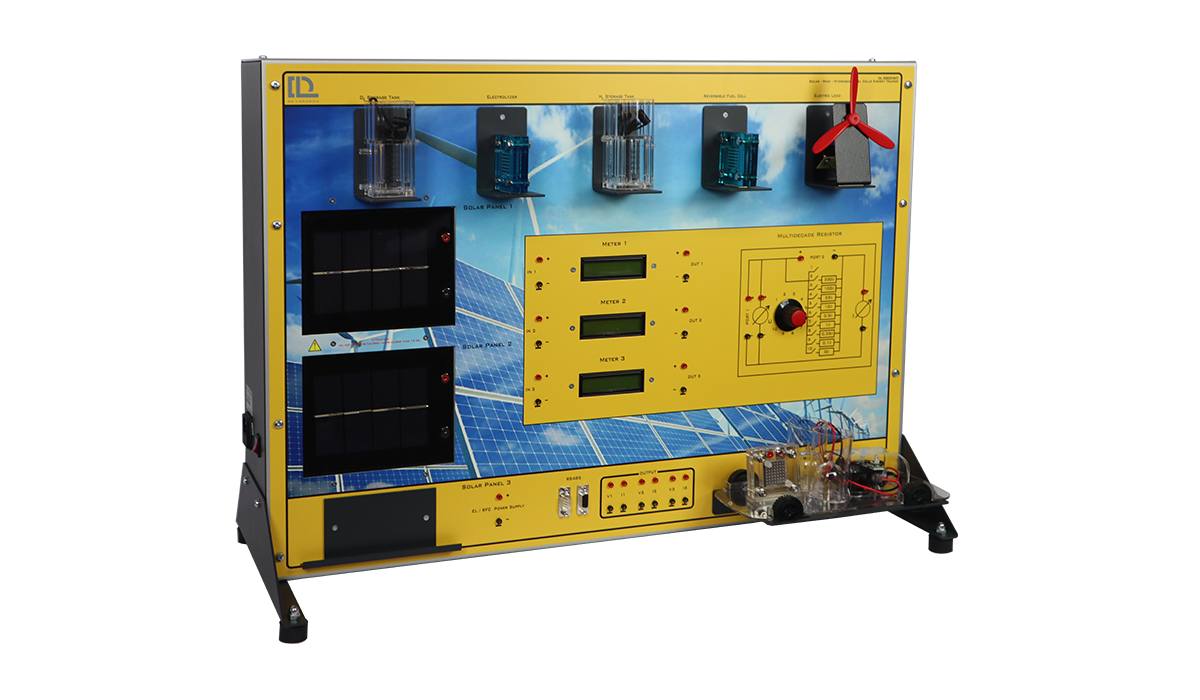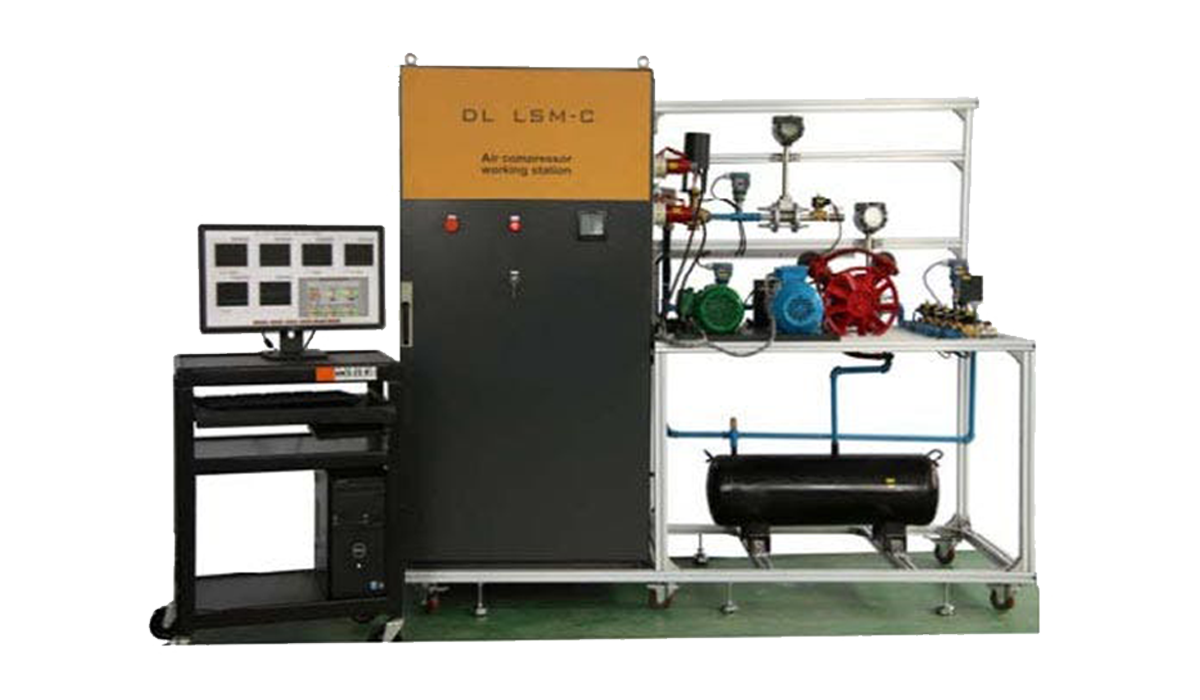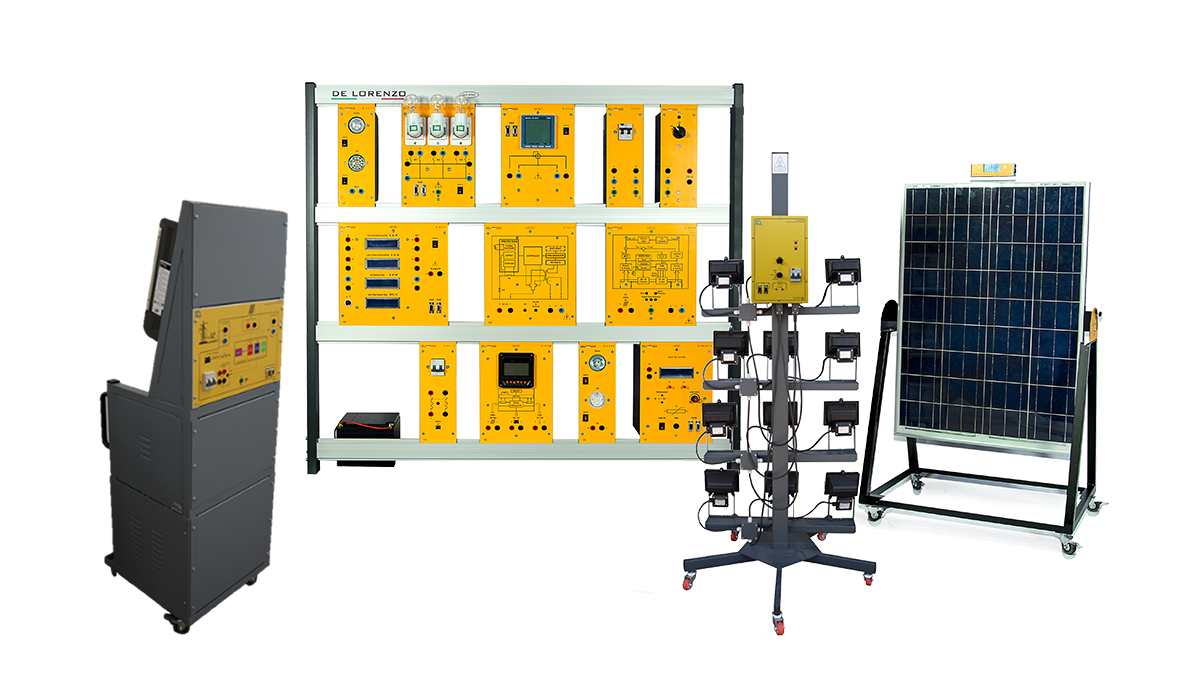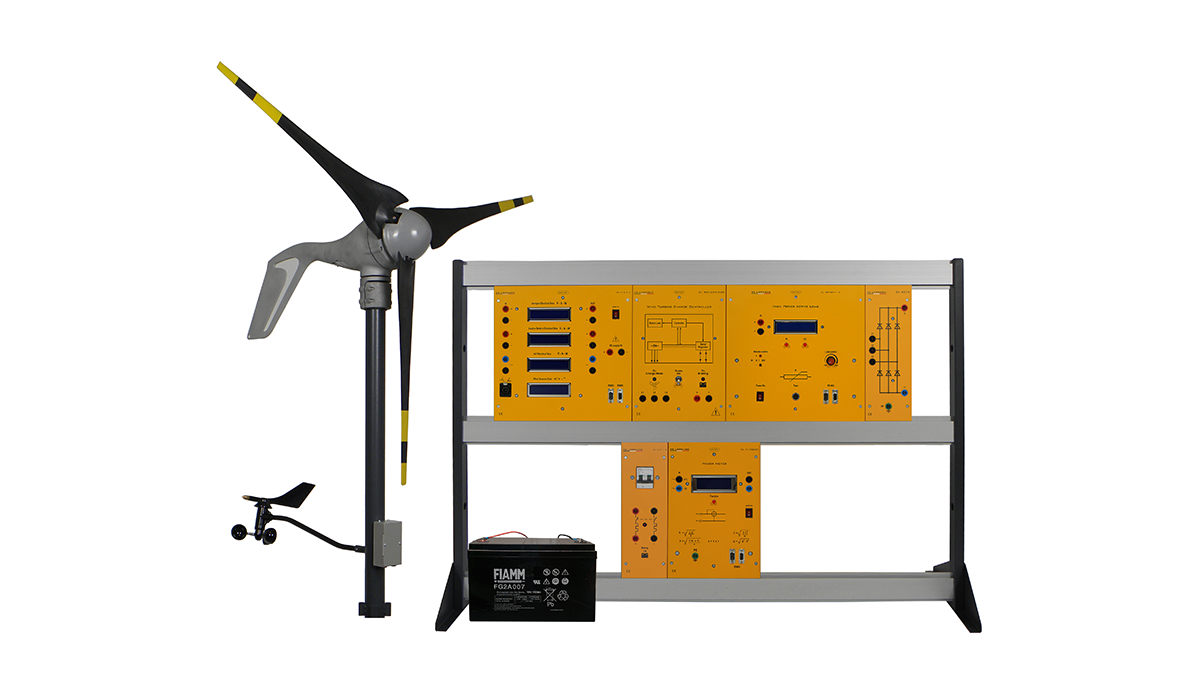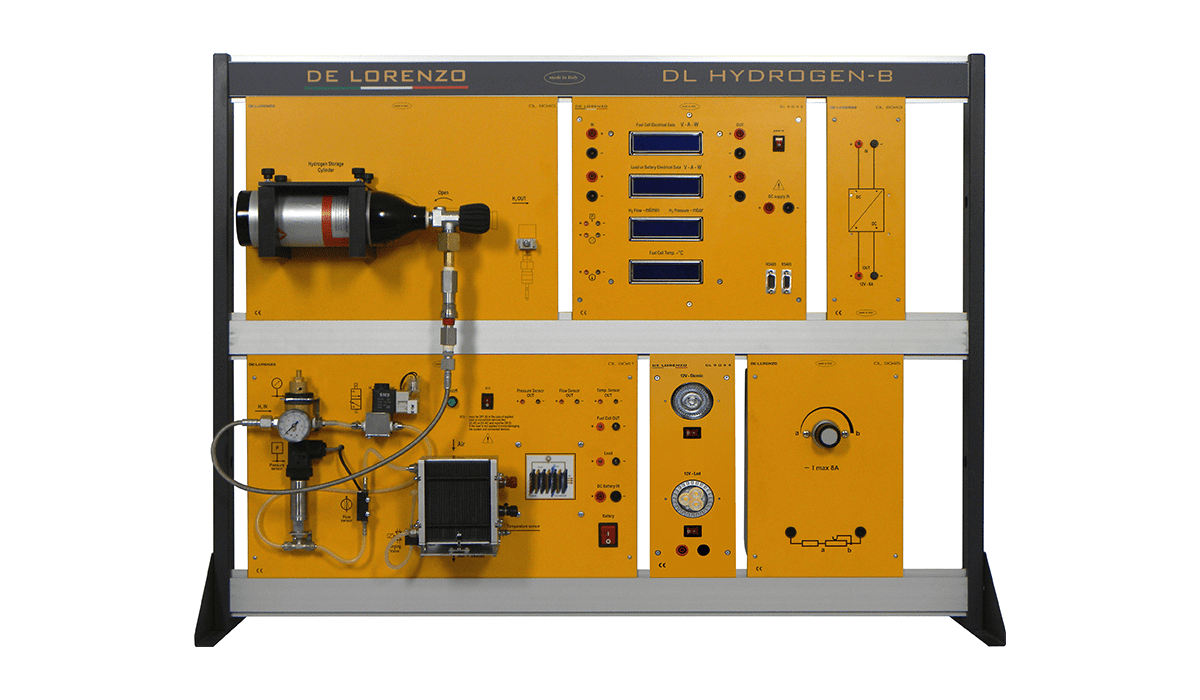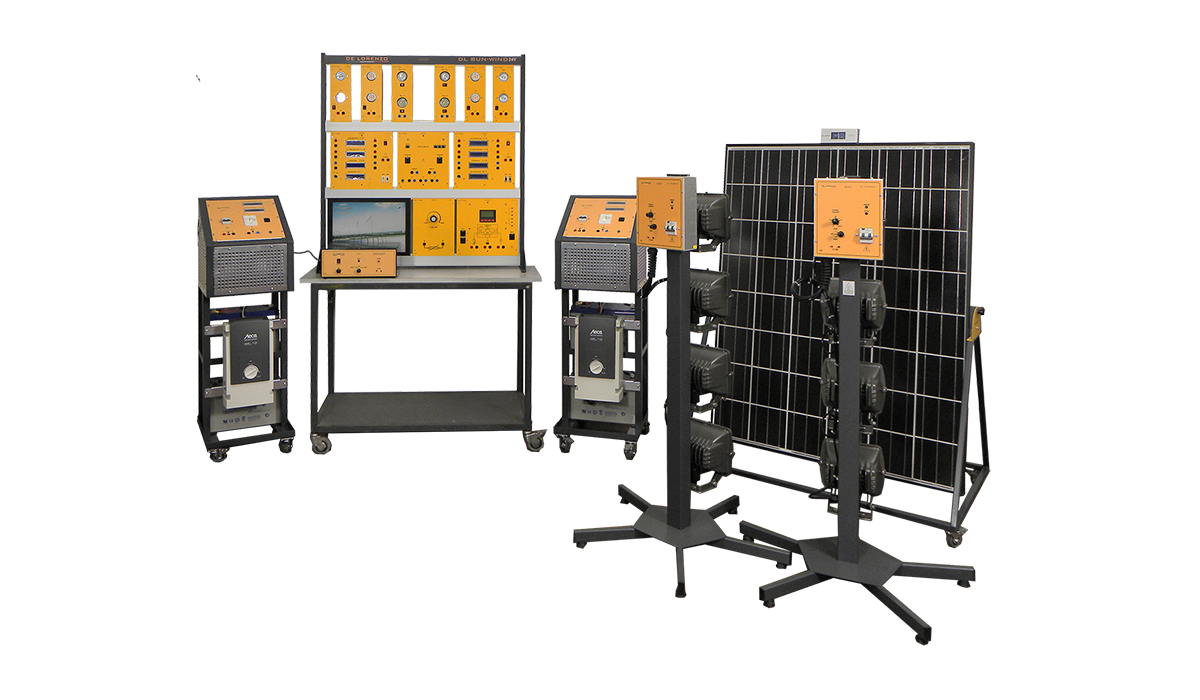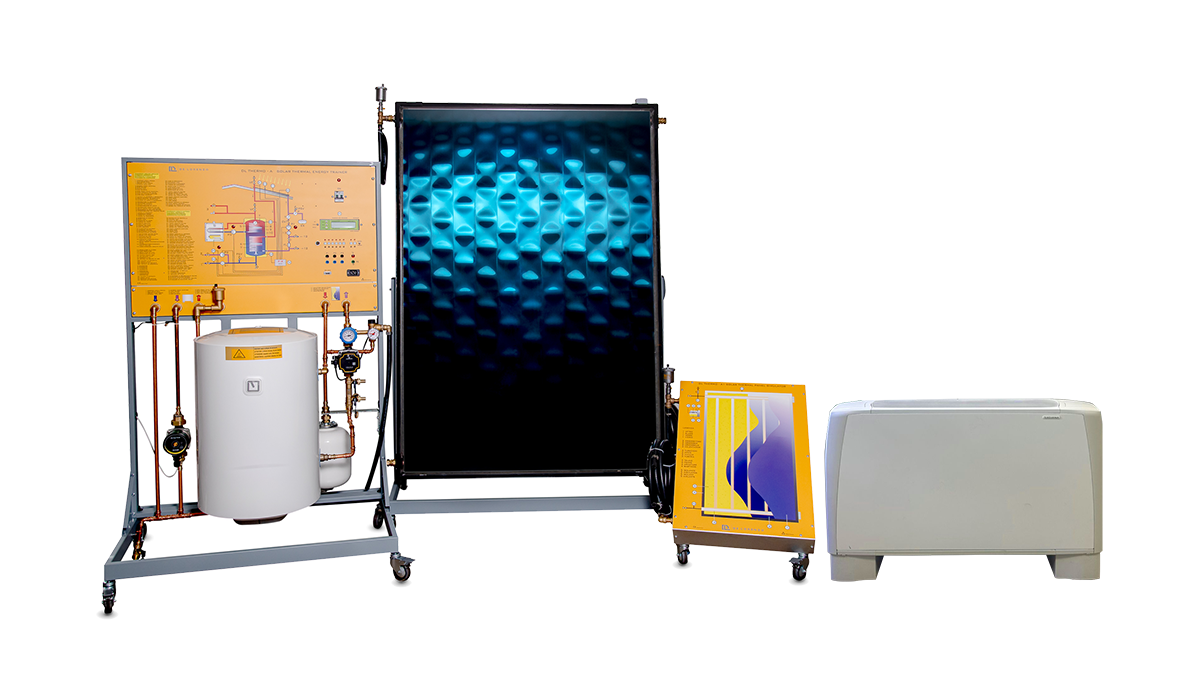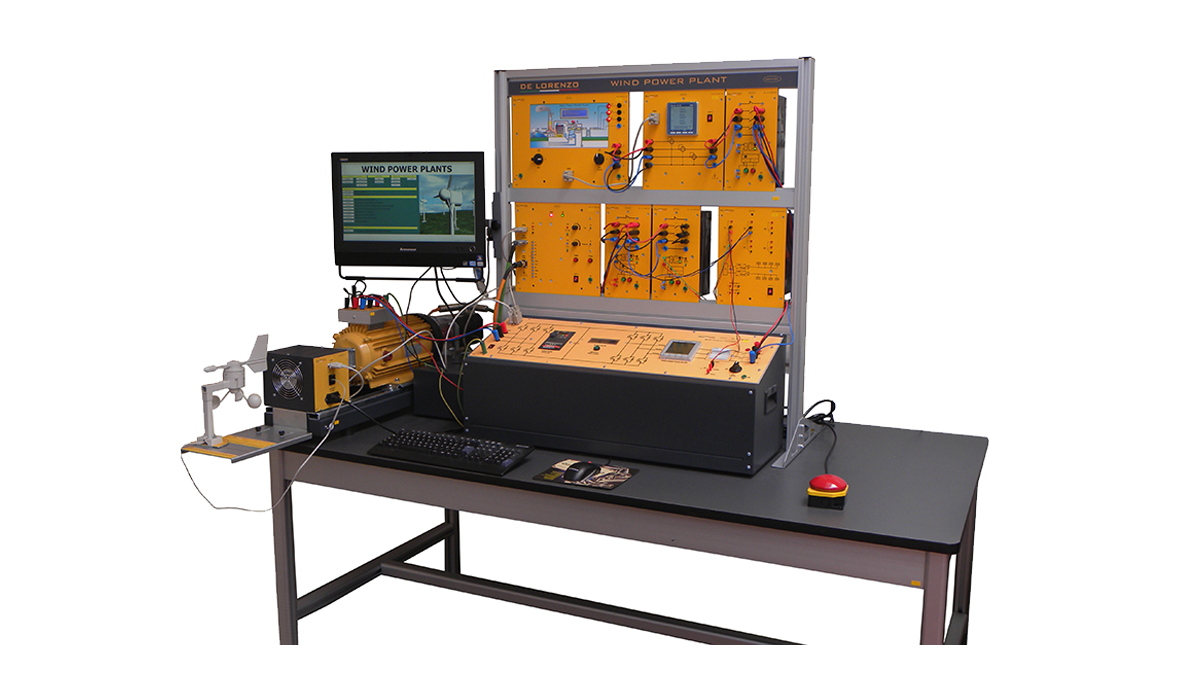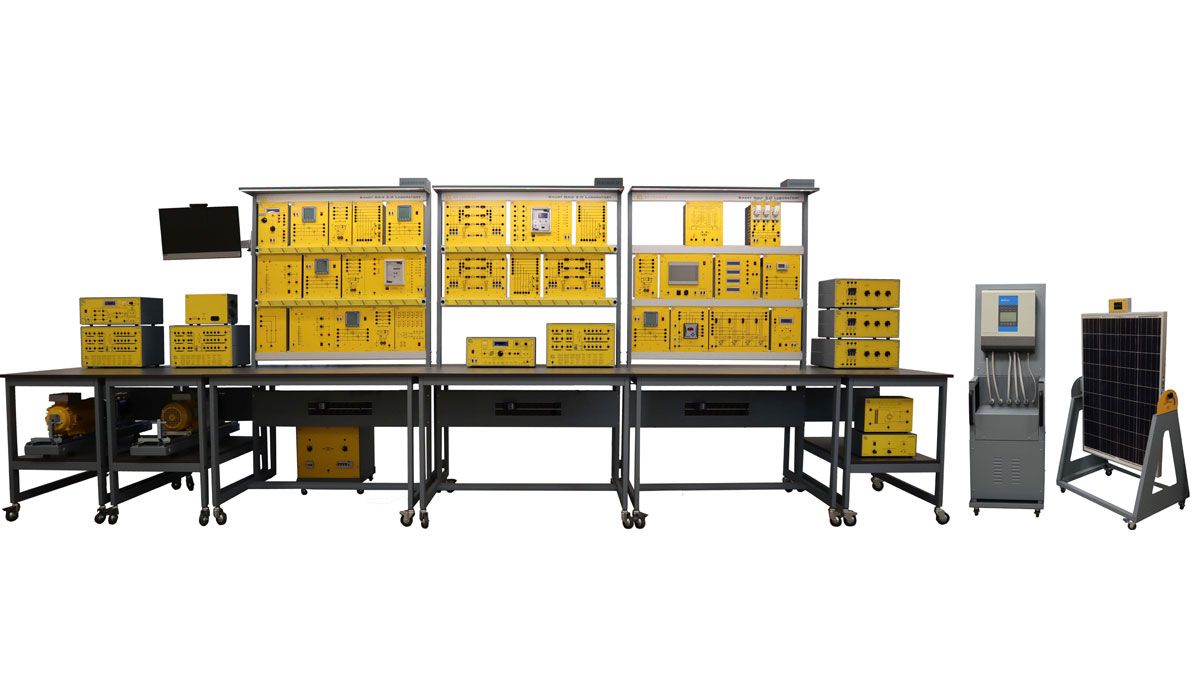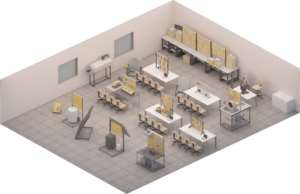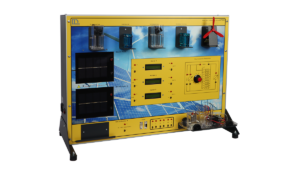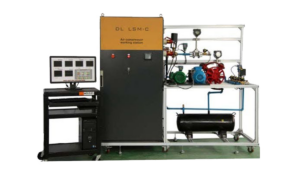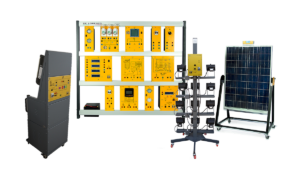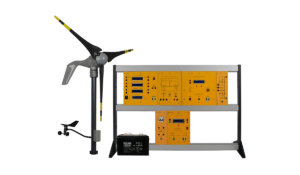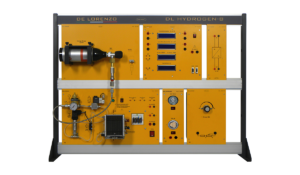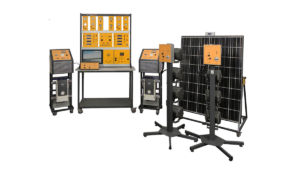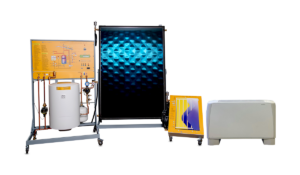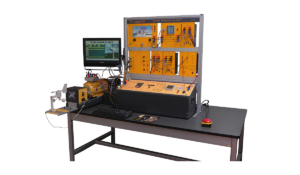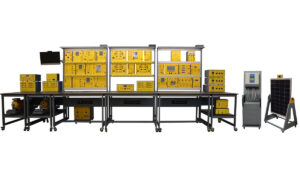RENEWABLE ENERGIES
Renewable energies are the sources of energy based on the use of natural resources: sun, wind, water or plant or animal biomass. They are characterized by not using fossil fuels, but natural resources capable of unlimited renewal. One of their strengths is that they have a very low environmental impact, because in addition to not using finite resources, they do not generate pollutants.
With our didactic systems we enable the technician, engineer and specialist in renewable energy, to develop professional skills in the formulation of renewable energy projects through energy diagnostics, establish savings systems, design of innovative solutions and quality of electricity, studies of the natural resources of the environment, to contribute to sustainable development and the rational and efficient use of energy in order to improve the competitiveness of the company where they work and contribute to the sustainable development of the region.
With our equipment, teachers will be able to develop skills in Basic Studies, Energy Efficiency, Solar Thermal, Micro Grid, Power Plants, Smart Grid, to name a few. With this proposal, De Lorenzo seeks to improve, enrich, and develop cognitive and social processes in terms of professional competencies made up of knowledge, skills and attitudes for a comprehensive training of the student.
